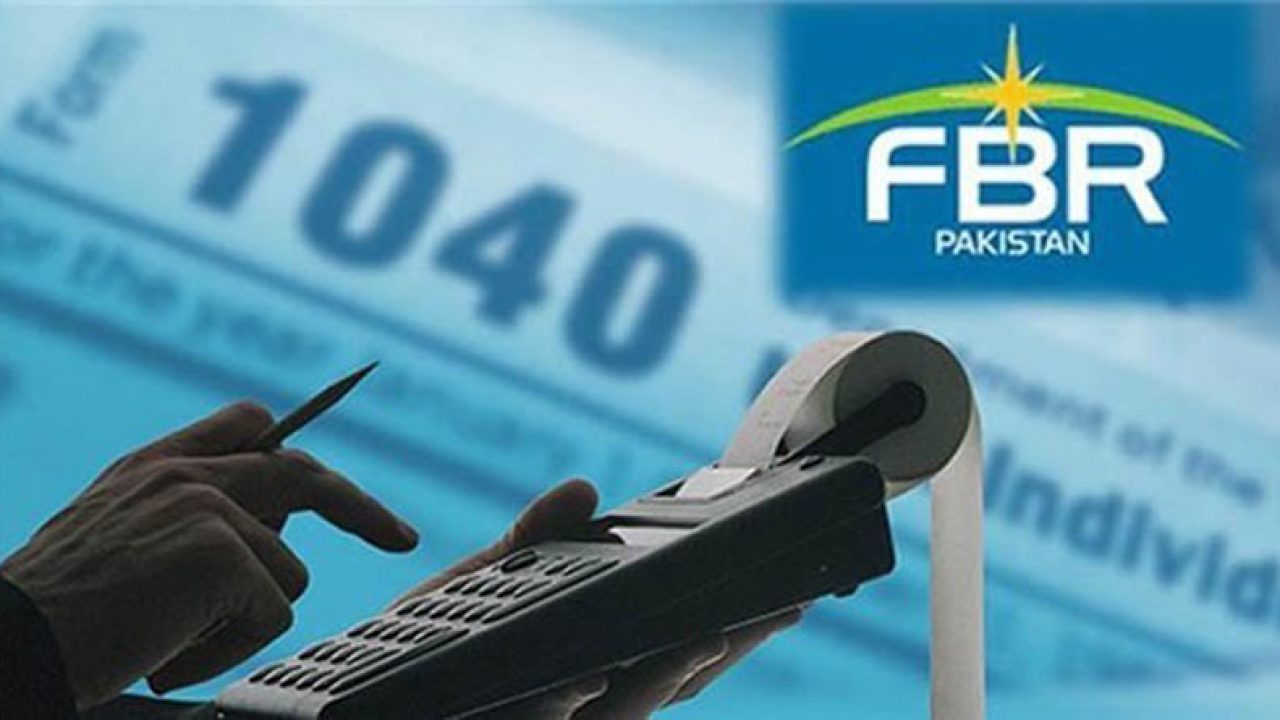Pakistan’s Federal Board of Revenue (FBR) has reportedly taken steps to monitor and regulate the income of dancers, event performers, and dance party organizers. This initiative, which has sparked both curiosity and debate across the country, reflects the government’s broader agenda to expand the tax base and bring undocumented sectors into the formal economy.
For years, entertainment-related income — particularly from private dance functions, wedding events, and cultural shows — has remained largely unregulated. However, with the latest digital surveillance and income monitoring mechanisms, the FBR aims to ensure that all individuals generating substantial income from such activities contribute their due share to the national exchequer.
Context: The Hidden Entertainment Economy
Pakistan’s entertainment industry has many faces — from film and television to private events and social media performances. While the mainstream sector is somewhat formalized through production houses and registered artists, a vast underground economy thrives through informal performances at weddings, social gatherings, and private parties.
In cities like Lahore, Karachi, and Islamabad, dance parties have become increasingly lucrative. Organizers charge hefty fees, and performers, both professional and semi-professional, earn impressive amounts per show — often in cash and without documentation.
According to sources within the taxation system, this informal sector generates millions annually, yet very little of that income ever reaches the government in the form of taxes. The FBR’s new initiative seeks to address precisely this gap.
The FBR’s Approach
The FBR is reportedly developing a multi-layered monitoring strategy to identify individuals and groups earning from entertainment and dance events. The key elements of this strategy include:
-
Data Mapping of Event Venues:
Wedding halls, private farmhouses, and event management companies will be asked to provide income and event details to help trace where major performances are held. -
Digital Media Tracking:
Many dancers and event organizers promote their work through platforms like Instagram, TikTok, and YouTube. The FBR plans to use AI-based data analysis to track such public profiles and estimate potential income levels through digital footprints. -
Cross-Verification of Lifestyle and Income:
High-end lifestyles, luxury cars, or lavish events that do not match declared incomes will trigger inquiries. This method, already being applied to influencers and real-estate dealers, is now being extended to the entertainment community. -
Voluntary Registration and Simplified Filing:
The FBR may also introduce a simplified tax return form specifically for performers, artists, and event organizers, encouraging voluntary compliance rather than coercion.
A Step Toward a Broader Tax Culture
Economists believe that FBR’s move is less about targeting one community and more about sending a wider message — that every income-earning citizen must play a role in national development.
Pakistan’s tax-to-GDP ratio remains one of the lowest in South Asia, hovering between 9–10%. Large informal sectors, including small traders, real estate brokers, and private entertainers, have historically remained outside the formal net.
By focusing on dancers and event organizers — a visible yet untaxed group — the FBR is demonstrating a commitment to fairness and equality in taxation. If implemented transparently, this could serve as a precedent for regulating other creative professions, such as digital influencers, freelance performers, and social media celebrities.
Public and Cultural Reactions

Unsurprisingly, the decision has triggered mixed reactions across the country. Supporters of the move argue that every income earner should contribute to the national economy, regardless of profession. They see it as a sign of modernization — treating performing arts as legitimate economic activity deserving both recognition and regulation.
However, critics claim that the FBR should first focus on large-scale tax evasion by corporate elites and political figures before turning to small-scale performers. Some artists have expressed concerns over harassment or misuse of the policy, fearing that it could lead to undue scrutiny or moral policing under the guise of tax regulation.
Cultural commentators also warn that regulating performance income may blur lines between taxation and cultural control. In Pakistan, dance and entertainment are often entangled with social taboos and conservative moral judgments. Therefore, the FBR must ensure that this move is implemented purely as a financial measure, not as a cultural or moral intervention.
The Legal and Ethical Dimensions
Under Pakistani law, all income — whether from salary, business, or professional services — is taxable if it exceeds the minimum threshold. This includes performing artists and entertainers. The law, however, had seldom been applied to the entertainment sub-sectors operating in private spaces.
Ethically, the question arises: should informal performers who often lack institutional support be taxed the same way as corporations? Experts suggest a balanced approach — one that recognizes performance as a valid profession, offers protection and welfare, and only then enforces taxation fairly.
If implemented with transparency and inclusion, this policy could lead to a formal recognition of performers as legitimate professionals entitled to social security, health benefits, and professional rights — something long overdue in Pakistan’s entertainment landscape.
Impact on Event Management and Wedding Industry
The move is likely to affect the country’s sprawling wedding and event management industry, estimated to be worth billions of rupees annually. Organizers who previously hired performers off-record may now be required to maintain receipts and provide documentation of payments.
This will not only promote transparency but also potentially increase costs for clients. However, on the positive side, the regulation could standardize the industry, improve professional standards, and protect artists from exploitation through formal contracts and receipts.
A Digital Era of Tax Monitoring
This development also reflects Pakistan’s gradual digital transformation in governance. The FBR’s digital monitoring of event income, if coupled with AI-based data analytics, could revolutionize how informal economic activities are traced and taxed.
With most transactions and promotions happening online, tracing entertainment-related income has become easier than ever before. The challenge will be ensuring that these digital surveillance methods respect privacy and civil rights while achieving transparency and accountability.
Conclusion
The FBR’s decision to monitor and tax dancers and dance party organizers may seem unusual at first glance, but it represents a vital shift toward inclusive and transparent economic governance. By bringing informal entertainers into the tax net, Pakistan acknowledges that performance art is not only cultural expression but also economic activity.
If managed wisely, this initiative could lead to a more equitable tax system, expand the revenue base, and formally recognize a long-ignored creative community. Yet, the FBR must tread carefully — avoiding moral bias, ensuring legal protection, and promoting a balanced partnership between state and artist.
Ultimately, the move symbolizes Pakistan’s broader transformation: from an economy of informality and exceptions toward a culture of documentation, accountability, and respect for every profession.
Czechangez Khan Jadoon is a policy analyst, journalist, and researcher focusing on governance, taxation reforms, and digital transformation in Pakistan. His writings explore the intersection of economy, technology, and social change with a focus on inclusive development and accountability. He also heads Patroitic Journalists of Pakistan (PJP).



